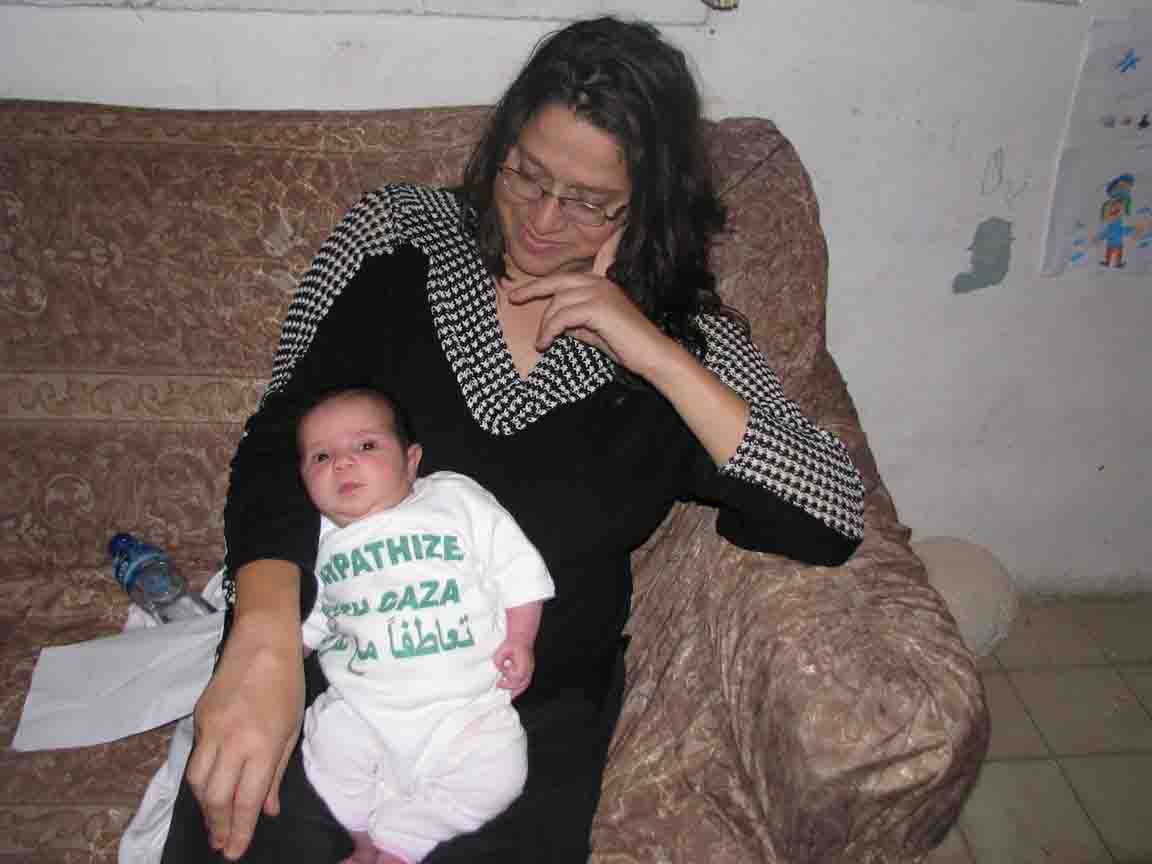Category: In the Media
-
ISM turns ten
7 January 2012 | International Solidarity Movement- Northern California As one of the co-founders of the International solidarity movement (ISM) I often refer to ISM as my first baby. Well, my first baby is now an independent unruly and uncontrollable ten-year-old and I am one proud Mama. But I am one of ISM’s many proud…
-
International Women’s Peace Service meet with prisoner released in Shalit deal
26 December 2011 | International Women’s Peace Service The 18th of December was a day of reunion and celebration for many in Palestine. Following a tense wait, several delays and tear-gas attacks by the Israeli Occupation Forces (IOF) on their waiting families, 550 Palestinian prisoners were released from Israeli jails to be reunited with their families…
-
Demanding release of Yousef Abdul Haq, lawyer
28 December 2011 | Palestinian Cultural Enlightenment Forum The lawyer Yousef Abdul Haq (Abu Shaddad), professor at the An Najah National University, and coordinator, former President of the Governing Council of the Tanweer Forum, was arrested Wednesday 7/12/2011 at three o’clock in the morning. We in the Palestinian Cultural Enlightenment Forum consider the continued detention…


